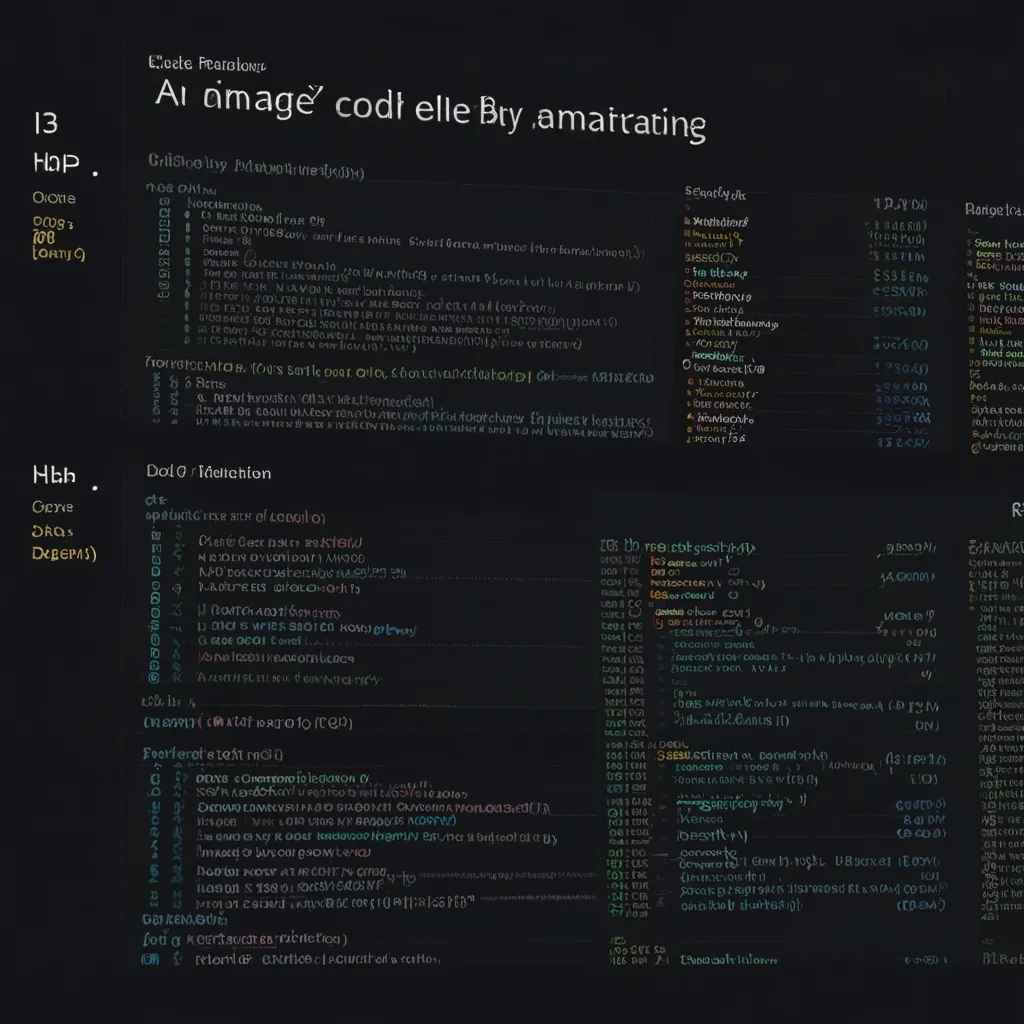When you’re thinking about building web applications with Node.js, one of the coolest and most flexible frameworks to use is Express.js. It’s minimal yet versatile, offering a solid foundation for developing both web and mobile applications. Ready to dive in? Let’s explore how to get started with Express.js and why it’s such a game-changer.
Express.js is a fast, lightweight, and minimalist web framework for Node.js that simplifies the process of building web applications and APIs. Imagine it as the backbone of your web apps, taking care of the heavy lifting like handling HTTP requests and responses. You don’t have to get tangled in the nitty-gritty of HTTP protocols and server management, leaving you free to focus on the actual logic of your app.
Why would you use Express.js, you ask? One word: efficiency. Node.js by itself can be pretty low-level, requiring you to manually handle tasks like parsing payloads, managing cookies, and choosing the right route patterns. Express.js takes these repetitive tasks off your hands, streamlining your development process.
Starting with Express.js is a breeze. First things first, you need to install it using npm (that’s Node’s package manager). Just run:
npm install express
Once you’ve got it installed, you can jump into creating a basic Express app. Check out this simple setup:
const express = require('express');
const app = express();
const PORT = process.env.PORT || 3000;
app.get('/', (req, res) => {
res.send('Hello World!');
});
app.listen(PORT, () => {
console.log(`Server running on port ${PORT}`);
});
Here, we’re importing the Express module, spinning up an Express app, setting up a route for the root URL, and getting the server to listen on a specified port. Easy peasy.
Express.js isn’t just about simplicity—it’s packed with features that make developing web applications smoother and more enjoyable. Middleware and routing are among its standout features. Middleware functions come into play between incoming requests and the final route handlers. These little helpers allow you to add custom logic for handling tasks like request parsing, authentication, and logging.
For example, you can set up middleware to log incoming requests like this:
app.use((req, res, next) => {
console.log(`Request received: ${req.method} ${req.url}`);
next();
});
Express.js follows a minimalist design philosophy, providing a thin layer between your code and the server. This means you can structure your application however you prefer without being forced into a rigid architecture. Whether you’re crafting a RESTful API or a full-fledged web app, Express.js adapts to your needs.
Flexibility is another strong suit of Express.js. It won’t boss you around when it comes to structure, giving you the freedom to organize your application however you like. Need to integrate additional modules or libraries? No problem. You can easily add database libraries like Mongoose for MongoDB or authentication middleware like Passport.js.
And let’s not forget the templating power. Express.js supports popular template engines like Pug (formerly known as Jade) and EJS (Embedded JavaScript). These engines are super useful for generating dynamic HTML content by embedding JavaScript code right in your markup. Server-side rendered web apps? Yes, please.
Serving static files like images, CSS, and JavaScript is a snap with Express.js. You can just designate a directory for your static files, and Express will take care of serving them. Here’s how you can serve static files from a directory named public:
app.use(express.static('public'));
Just like that, any files in your public directory can be accessed directly via the URL.
Now, how about some real-world applications to see where Express.js truly shines? It’s widely used because of its versatility and ease of use. For example, building RESTful APIs with Express.js is a delight. You can define clear routes for different HTTP methods and handle various parameters, making it a breeze to communicate with other applications and front-end interfaces.
Express.js also comes in handy for real-time applications. Think chat applications or collaborative tools where instant updates are crucial. Thanks to Express’s event-driven nature, you can create real-time apps that respond immediately to user actions.
If you’re building Single-Page Applications (SPAs), Express.js can help fetch and update content dynamically on the client-side, offering a smooth and seamless user experience without the hassle of full-page reloads.
In the industry, Express.js is paired with Node.js to create scalable and efficient web applications. It’s almost a standard go-to because it simplifies the development process and provides a robust feature set that boosts productivity. Developers love how it reduces redundant code, allowing them to zero in on the core logic of their applications.
All in all, Express.js is a fantastic tool for anyone looking to build web applications with Node.js. Its minimalist design, flexibility, and rich set of features make it a perfect fit for a variety of projects. Whether you’re just starting out or a seasoned developer, Express.js offers a user-friendly framework that takes the stress out of development, letting you create robust and scalable applications with ease.
Understanding how to use Express.js effectively can truly streamline your development process, allowing you to handle complex tasks effortlessly and create applications that deliver exceptional user experiences. So, when it’s time to kick off your next project, give Express.js a shot—your development journey will be all the smoother and more productive for it.






